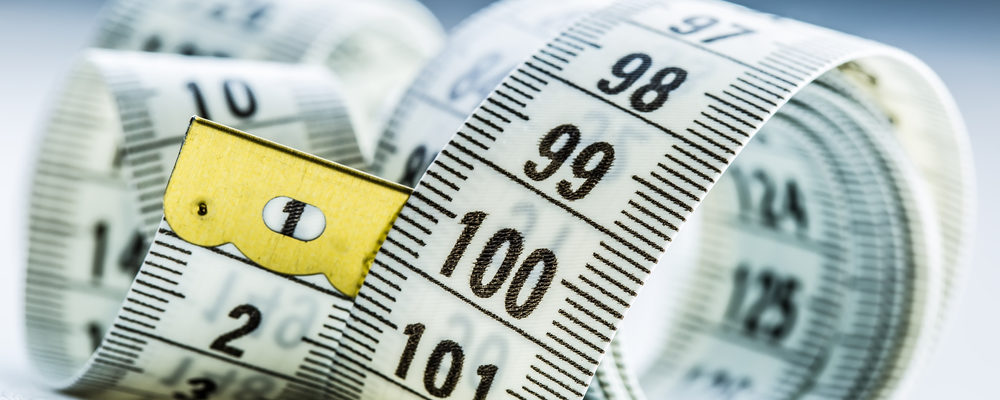Are we at the dawn of a revolution over the various values and factors we cite in our measurement of success? That certainly looks to be the case, in light of a recent Forbes profile of prominent, female economists who are shaking up their field and blazing trails for new ways of thinking. (Forbes, 31 May 2020)
In examining how approaches to measurement are shifting, the piece – penned by workplace gender-balance consultant Avivah Wittenberg-Cox – highlights the ideas of Mariana Mazzucato, Stephanie Kelton and Kate Raworth.
A featured columnist in the Institute of Leadership & Management’s Drucker Special Report 2018, Mazzucato is renowned for her widely shared TED talk What is Economic Value, and Who Creates It? In her view, if we class only select individuals in society as ‘value creators’, that instantly raises questions over what we are meant call everyone else: “The couch potatoes?” she wonders. “The value extractors? The value destroyers?” Working from that position, she argues that economics must be seen to explicitly serve the people, rather than merely explain their servitude. (TED/Mazzucato, July 2019)
Kelton takes issue with the overuse of family budgets as a point of comparison, or likeness, for national income and expenditure – pointing out that no household is able to print its own money – or, indeed, set its own interest rates.
As a senior research associate at Oxford University’s Environmental Change Institute, Raworth trains her sights on the ongoing use of GDP as a gauge of economic strength – noting that the GDP methodology was hatched in the 1930s, but is now being applied to a 21st Century economy that’s ten times larger than it was that decade.
In her view, the limited scope of GDP – which ignores the value of unpaid labour, such as housework and parenting, and makes no distinction between revenues from weapons or water – have kept the human race “financially, politically and socially addicted to growth”, all without accounting for the costs of that growth on people and planet.
As such, Raworth argues, instead of sticking with the linear, upward concept of growth that has been ingrained in us over decades, we must shift to a “regenerative and distributive” model designed to engage everyone.
What should leaders learn from how these economists are redefining the way we measure success?
The Institute’s former head of research, policy and standards Kate Cooper says: “So many measures are crude instruments – none more so, as we can see from the Forbes piece, as that of GDP. Context is everything, and we need so much more by way of explanation to understand exactly what it is we’re measuring. That’s very much the point that Raworth is making about our failure to distinguish between revenues from weapons and water – and that growth is always seen as an unquestionable good, irrespective of the environmental harm it may do in the course of providing firms with vast profits. Or of the negative impact that growth in one country may have upon another.”
Cooper explains: “We keep looking at GDP in isolation, as though we are not a connected world. But if Covid-19 has shown us anything about global supply chains, it’s that once something goes wrong somewhere, the knock-on effects are significant – as we mentioned in a blog earlier this year, when the initial outbreak in China left manufacturing at brands such as Microsoft and Aston Martin reeling.
“As we saw last year, New Zealand’s Prime Minister Jacinda Ardern decided to break with the simplistic GDP model and put the wellbeing of her nation at the forefront of the things she wants to measure (New Zealand Treasury, 30 May 2019). Once we have a broader recognition of GDP’s inadequacy, that will drive a more conscious capitalism, of the sort championed by the likes of Whole Foods CEO John Mackey and organisational scholars Charles Hampden-Turner and Fons Trompenaars.”
Cooper notes: “Leaders will only know in the context of their own firms whether the measures they’re choosing are relevant, useful or helpful. If you’re a values-driven company and subscribe to ideas about ethical supply chain management, then you’re not concerned just with your own results, but those of your suppliers, too. You’re concerned with the wellbeing of your employees. You’re concerned with the extent to which you’re treating your customers fairly.”
She adds: “Many leaders would say that we’ve known for some time that we’ve been measuring the wrong things – just look at the Balance Scorecard that was knocking around for ages. At one point, about 50% of companies were using it, and it was meant to show that we didn’t just think about finance – we thought about innovation, learning and the lived experience of our people in the workplace. Fundamentally, if you want to be an ethical organisation, you have to evaluate the connections and relationships your firm has with everyone else in its orbit.”
For further insights on the themes raised in this blog, check out the Institute’s resources on delivering outcomes.
Source refs:

